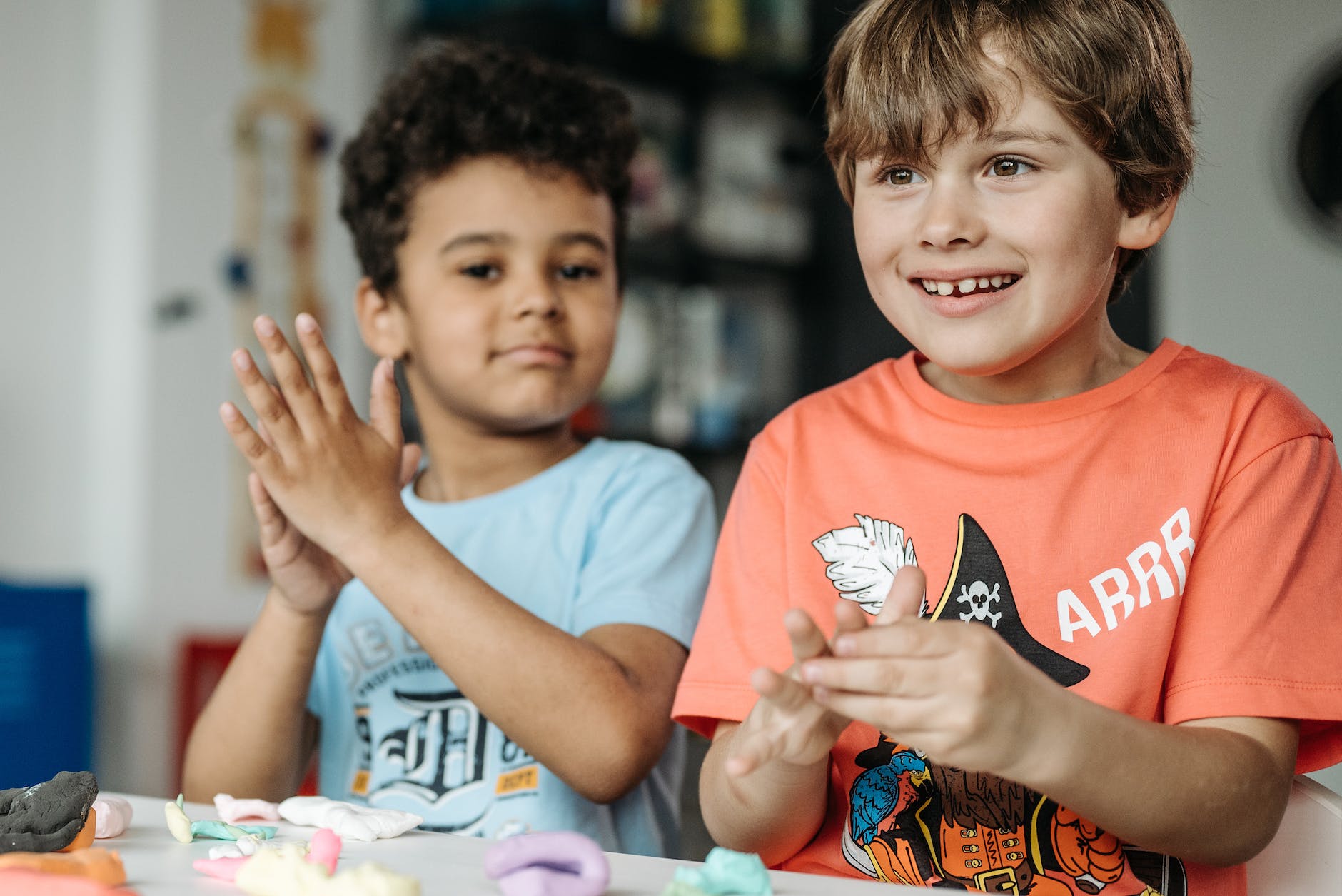
Kids
Teaching your teens about drugs is one of the most important conversations you can have with them. Drug use among teens is a serious problem that can lead to addiction, mental health issues, and even death. As a parent or guardian, it’s essential to arm your teens with the knowledge and skills they need to make informed decisions about drug use. In this article, we’ll explore what to teach your teens about drugs, including a section on the deadly drug fentanyl.
Explain What Drugs Are
The first step in teaching your teen about drugs is to explain what drugs are. Drugs are substances that can alter the way the body functions and can affect a person’s mood, behavior, and perception. Drugs can be legal or illegal, and they can be used for medicinal or recreational purposes. It’s essential to explain to your teen that not all drugs are bad, but some can be dangerous and addictive if used incorrectly.
Discuss Why People Use Drugs
The next step in teaching your teen about drugs is to discuss why people use them. People use drugs for various reasons, including to feel good, to fit in, to escape from problems, or to cope with stress or anxiety. It’s essential to explain to your teen that drugs may seem like a quick fix, but they can lead to more significant problems in the long run.
Help Teen Understand the Risks and Consequences of Drug Use
One of the most crucial aspects of teaching your teen about drugs is discussing the risks and consequences of drug use. Drug use can have severe consequences, including addiction, health problems, legal trouble, and even death. It’s essential to explain to your teens that the consequences of drug use can affect not only themselves but also their families and friends.
Empower Them to Say No
Another essential aspect of teaching your teen about drugs is giving them the skills to say no. Peer pressure is a common reason why teens experiment with drugs. Teaching your teens how to say no firmly and confidently can help them avoid situations where drug use may be a temptation.
Recognizing the Signs of Drug Use
Teaching your teen to recognize the signs of drug use is an essential skill that can help them identify potential problems. Signs of drug use may include changes in behavior, mood, appearance, and hygiene. It’s essential to teach your teen that if they suspect that a friend or family member is using drugs, they should speak up and seek help.
The Dangers of Fentanyl
Fentanyl is a synthetic opioid that is 50-100 times more potent than morphine. It is commonly used to treat severe pain, such as that experienced by cancer patients. However, fentanyl has also become a popular street drug, and many people are unaware of the dangers associated with its use.
Fentanyl works by binding to the body’s opioid receptors, which are responsible for regulating pain and reward. When fentanyl binds to these receptors, it produces a powerful and fast-acting high. However, fentanyl can also depress the respiratory system, with very tiny doses leading to overdose and death.
Teaching your teen how to avoid fentanyl is an essential part of drug education. Since fentanyl is often added to other drugs, such as heroin and cocaine, it can be challenging to avoid. However, avoiding drug use altogether is the best way to protect against the dangers of fentanyl. In the event that someone has become dependent on it, fentanyl addiction treatment is available and essential.
Where to Seek Help
It’s essential to teach your teen where to seek help if they or someone they know is struggling with drug addiction. You can start by discussing the resources available in your community, such as local substance abuse treatment centers, support groups, and counseling services. Encourage your teen to reach out to yourself or another trusted adult, such as a teacher, coach, or school counselor, if they need help.
Having Open and Honest Conversations
One of the most critical things you can do as a parent or guardian is to have open and honest conversations with your teen about drug use. Encourage them to ask questions and share their concerns. Be prepared to listen to their perspective and offer guidance and support. Building a strong relationship and modeling healthy behavior are both extremely important. As a parent, you can make a huge difference when you have these raw conversations with your teens.






